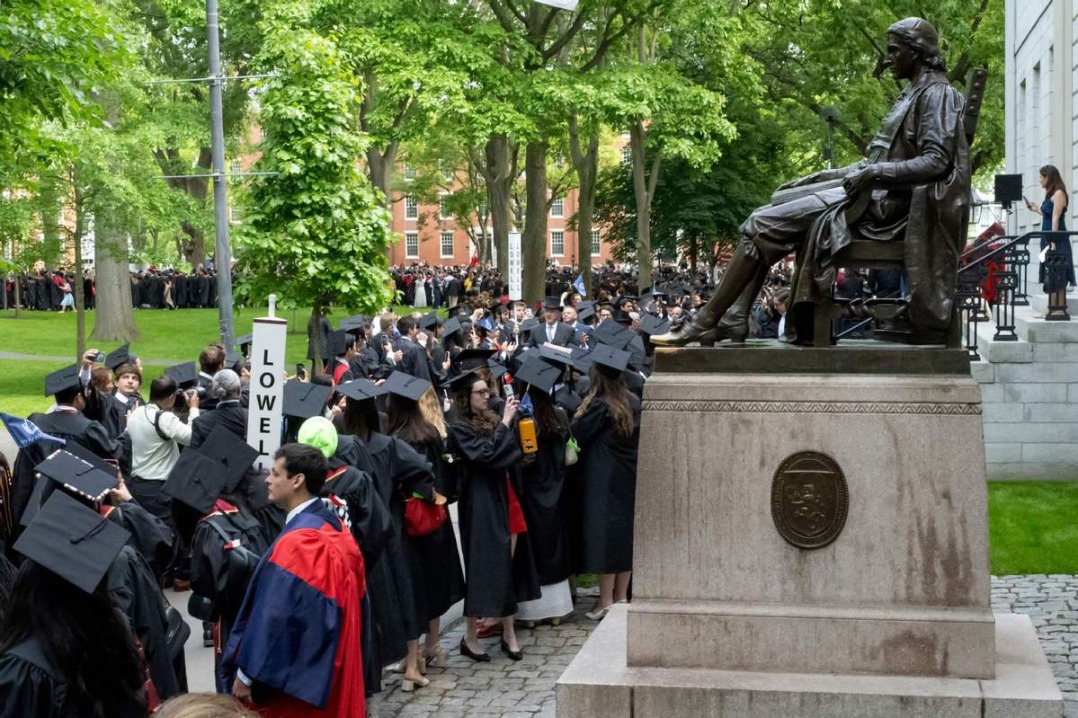EPAA completes first Middle East study on ingestion of marine debris by seabirds


SHARJAH - In a groundbreaking scientific achievement coinciding with World Environment Day and underscoring its leadership in marine environmental protection, the Environment and Protected Areas Authority (EPAA) in Sharjah has announced the completion of the first research study of its kind in the Middle East to monitor the ingestion of marine debris, microplastics, and oil residues by seabirds.
Conducted as part of the Sharjah Strandings Response Program, the study was recently published in the scientific journal Marine Pollution Bulletin, marking a significant milestone in understanding the invisible environmental threats facing seabirds along the UAE's coasts and the wider region.
This accomplishment takes on special importance during global World Environment Day celebrations, as the study serves as a pioneering effort that sheds light on threats to marine biodiversity and calls for collective action to protect marine ecosystems from escalating pollution.
Reinforcing Sharjah's Position as a Leading Regional Hub for Environmental and Biodiversity Research and Supporting Marine Ecosystem Sustainability
Hana Saif Al Suwaidi, Chairperson of the Environment and Protected Areas Authority in Sharjah, stated, "This unprecedented scientific study in the region reaffirms our firm commitment to monitoring and documenting pressing environmental challenges, in line with the vision of His Highness Sheikh Dr. Sultan bin Mohammed Al Qasimi, Member of the Supreme Council and Ruler of Sharjah. It represents a pioneering scientific accomplishment at both national and regional levels, based on a rigorous methodology that supports the development of evidence-based conservation policies and establishes a reliable database for tracking long-term trends. These findings lay a critical scientific foundation for monitoring the future impacts of marine waste on marine life, including seabirds, which play a key role in maintaining the balance of coastal ecosystems."
She added, "At the EPAA, we are committed to continuing these specialized research efforts in collaboration with local and international experts, to further strengthen Sharjah's position as a regional hub for environmental and biodiversity studies. These efforts also aim to reduce the impacts of marine pollution and promote public awareness of the importance of preserving biodiversity in our seas and coastal areas, supporting the sustainability of marine ecosystems across the Middle East."
She emphasized that World Environment Day is not merely a celebration, but a global call to review environmental policies and enhance community-driven initiatives and green technologies aimed at protecting ecosystems. "Through our research and awareness programs, we continue to promote a culture of sustainability within society, one that is rooted in biodiversity protection and striking a balance between development and conservation for future generations."
The study involved the examination of the digestive systems of 478 stranded marine and coastal birds from 17 different species that were found deceased along the shores of the Arabian Gulf and the Gulf of Oman. The results revealed that 12.8% of the birds had ingested marine pollutants: 11.1% had consumed marine debris, and 1.7% contained crude oil and tar balls. Plastic polymers were the most commonly ingested materials, particularly among black-headed gulls (Chroicocephalus ridibundus), with polyethylene identified as the most prevalent polymer, followed by glass as another frequently ingested substance.
The findings further showed that juvenile birds of the large white-headed gull species were more prone to ingesting waste than their adult counterparts, highlighting the vulnerability of younger age groups to marine pollution.
In a subsample of 20 birds, the ingestion of microplastics was examined. The results showed that microfibers made up 77.8% of all detected microplastics, suggesting that wastewater from laundry could be a major source of this type of pollution. The study also found that oil balls and fishing hooks posed immediate and serious threats to the survival of these birds.
The Sharjah Strandings Response Program is a core component of EPAA's strategic agenda. It integrates scientific surveys, environmental research, marine life rescue efforts, and community awareness. By responding directly to cases of marine wildlife strandings across Sharjah, the program contributes to ecosystem monitoring, biodiversity conservation, and the advancement of environmental education and stewardship.
WAM
































